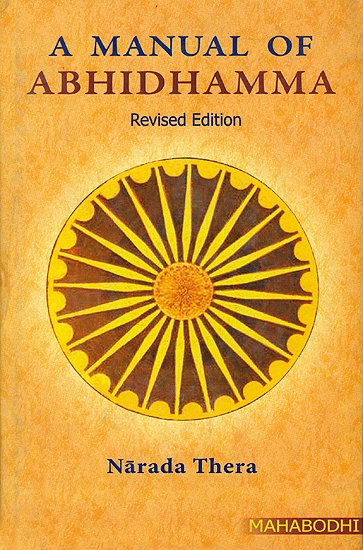Abhidhamma in Daily Life (by Ashin Janakabhivamsa)
by Ashin Janakabhivamsa | 66,666 words
English translation of "Abhidhamma in Daily Life" by Professor Ko Lay. Revised by Sayadaw U Silananda, International Theravada Buddhist Missionary University, Yangon, 1999...
Factor 2 - Sati (mindfulness)
Recollecting, remembering or heedfulness are definitive terms for mindfulness which is known as sati in Pali. There are various forms of sati. For example, one recalls the meritorious deeds performed in the past: one listens attentively so that one can remember the Dhamma discourses. While meditating. one concentrates deeply not to lose the object of meditation. Such is the nature of sati.
Sometimes you look forward to meritorious deeds to be done tomorrow or in the future. You take care to observe sila (moral precepts) and not to breach any precepts. You are mindful to restrain the arising of greed, anger, pride and ignorance. You recall the counsels of your teachers. Only such forms of mindfulness concerning wholesome matters are called sati (mindfulness). Such true mindfulness is also called appamada, non-remissness, watchfulness, vigilance. Therefore when a bhikkhu administers precepts to lay devotees, he always reminds them to observe sila diligently with due mindfulness. He reminds them thus at the end of giving precepts: “Appamadena sampadetha =Accomplish the meritorious deeds with non-negligence or diligence.” The Buddha also taught thus: “Satin ca khvaham bhikkhave sabbatthikam vadami.” “O Bhikkhus, I declare mindful ness to be essential in every act.” Though there may be instances of being overfaithful, there can never be over- mindfulness. When the Buddha was about to enter Parinibbana, he said: “Appamadena sampadetha.”
Mere Remembrance is not Sati
When a person remembers his relatives, when lovers yearn for one another, when friends remember to keep appointments, when one recalls some precious moments. etc., all such remembrances have the nature of attachment (tanha). When one remembers to take revenge for injuries done to one, when one keeps in mind atrocious plans, when one pays heed to possible dangers that may befall en route to a destination; such cases reveal hatred (dosa) as the base. Any form of the aforesaid mental factors, being accompanied by attachment or hatred, cannot be classified as true mindfulness (sati).
The above are the examples of “sanna”, memory, minding or vitakka (purposeful thinking); they are not to be mistaken for sati. The natures of sanna and vitakka will be explained in the chapters to come.
